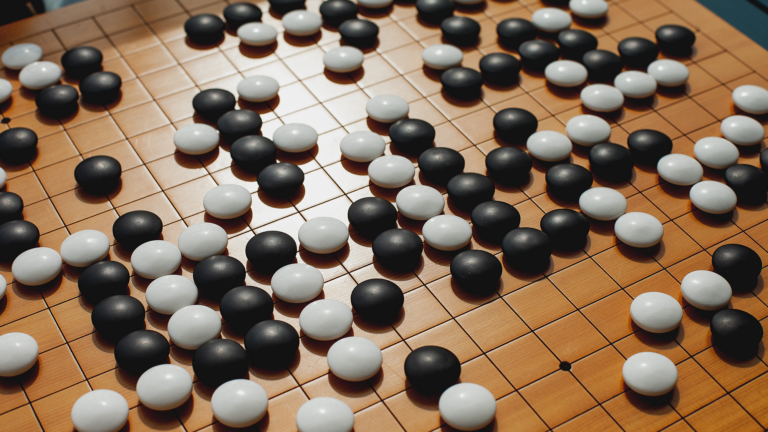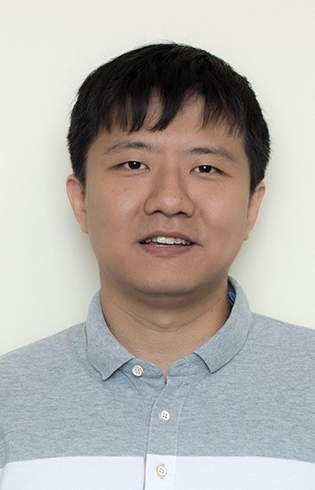
Mathematical maestro tackles nature’s greatest puzzles
For many scholars in the field, mathematics is an eternal dance between simplicity and complexity. Yu Deng, assistant professor of mathematics at the USC Dornsife College of Letters, Arts and Sciences, has followed the rhythms of this dance to tackle some of nature’s most profound puzzles through his work on partial differential equations (PDEs).

Deng’s research — and the promise of more — earned him a Sloan Research Fellowship in 2021. But it’s the enigmatic beauty and challenge of PDEs that drive him forward.
PDEs express relationships between changes in multiple variables and can be notoriously challenging to solve. Despite — or perhaps because of — this difficulty, Deng is drawn to their power and potential.
“The equations themselves can be very abstract,” he explains, “but even when reaching an explicit formula is impossible, you can still tell a lot about the solution.”
Deng’s fascination with PDEs extends beyond their mathematical appeal. They underlie key scientific concepts, such as the Einstein field equations that define space-time and the Schrödinger equation that characterizes quantum interactions between subatomic particles.
“PDEs let us look at certain deep science questions,” Deng says. “Some of these questions are hard to attack directly, but many of them make for beautiful math.”
Growing up in Shenzhen, China, Deng’s love for mathematics was nurtured through competition. He excelled in math contests from primary school and eventually represented China in the 2006 International Math Olympiad, where he won a gold medal. This success set the stage for his future career.
Alongside his mathematical pursuits, Deng’s parents introduced him to Go, an ancient game of strategy played with black and white stones placed at the intersections of a gridded gameboard.
Intrigued by its blend of simplicity and complexity, Deng honed his skills to the point where he could compete against adults in after-hours amateur tournaments.
“My childhood was school and Go training,” he said. “I remember going to competitions late at night. Then, back to school the next day, followed by another competition the next night.”
Although he considered pursuing a professional Go career, his achievements in math steered him toward academia.
Today, Deng’s passion for the interplay of simplicity and complexity extends to interests such as soccer, manga and poetry. He is particularly captivated by a poem, written by ninth-century Chinese polymath Li Shangyin that, like the PDEs he studies, offers enigmatic beauty that eludes easy interpretation.
As Deng continues to push the boundaries of mathematical knowledge, he remains captivated by the mysteries of PDEs.
“We know so much about partial differential equations, and we also know so little,” he muses. “It’s a fascinating question: To what extent will we ever understand PDEs?”
For Deng, the pursuit of these enigmatic mathematical puzzles is both a challenge and a source of unending beauty.